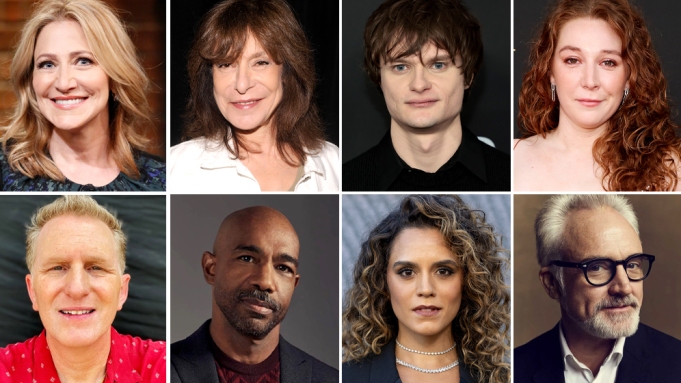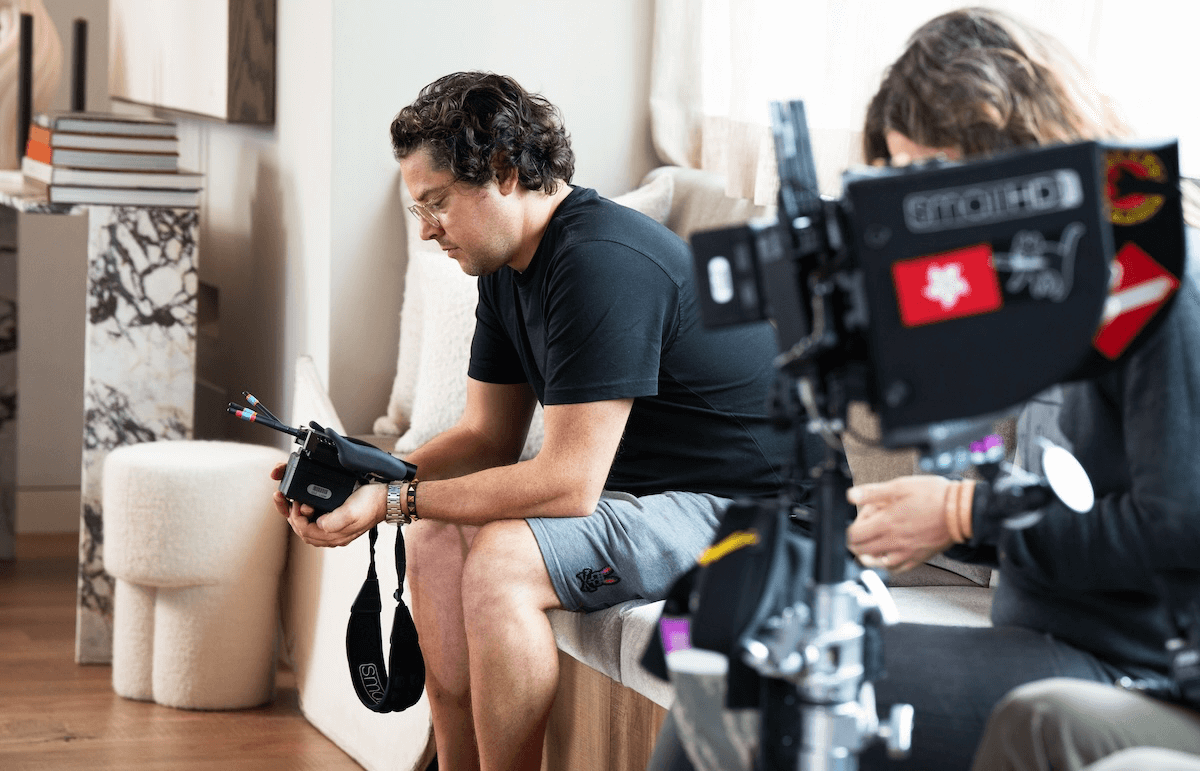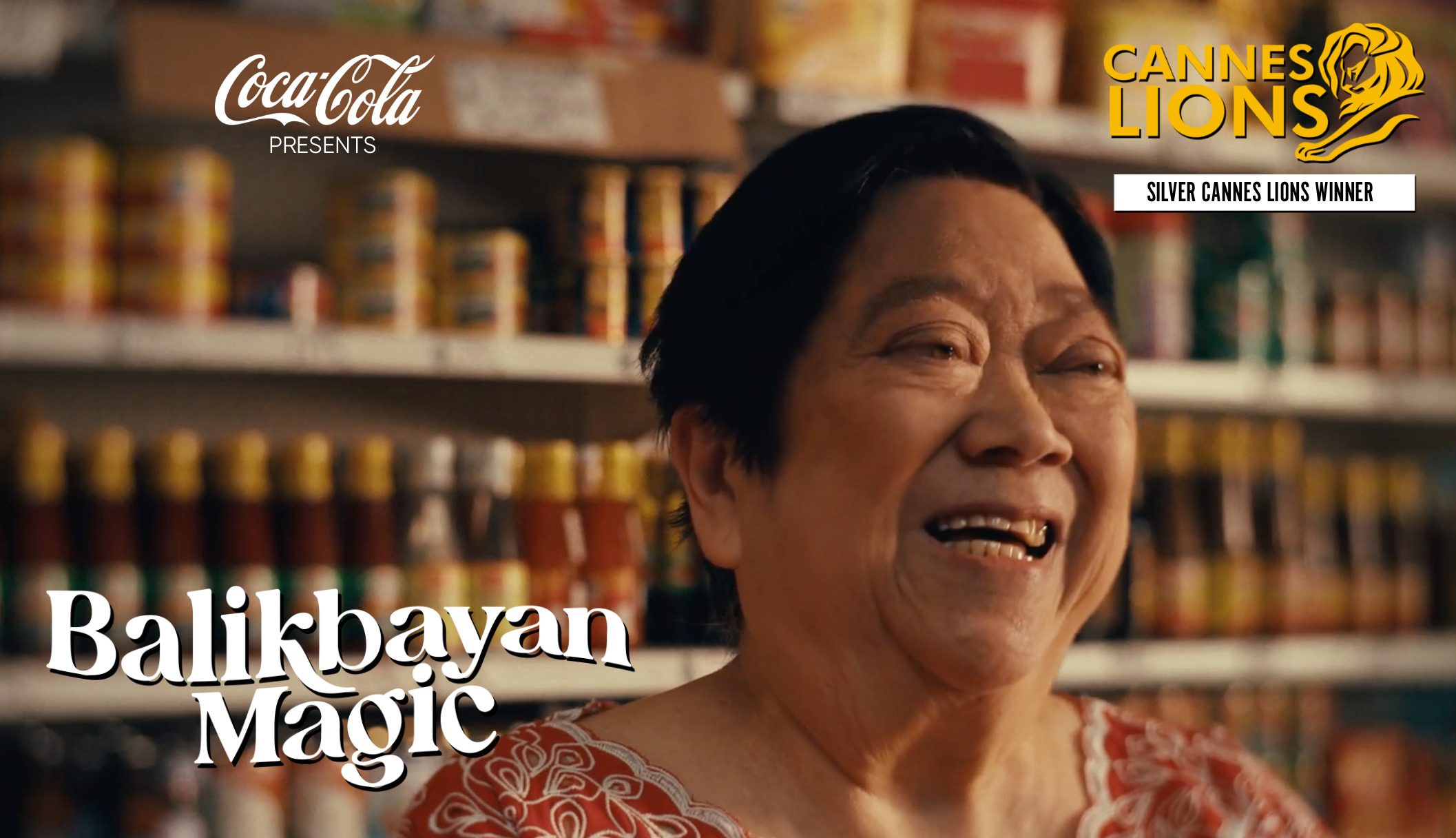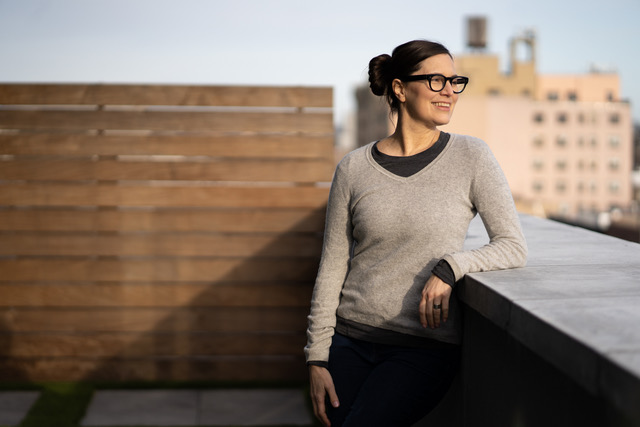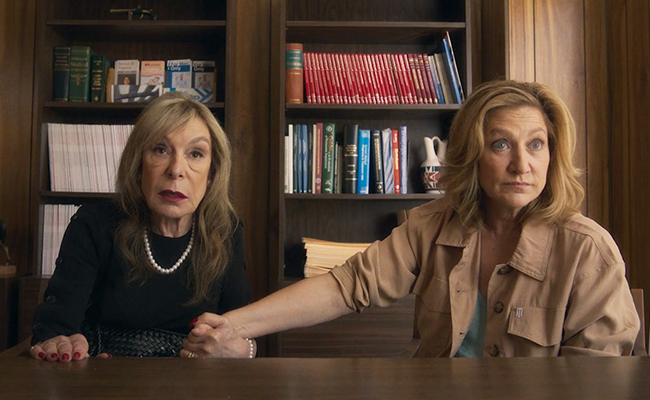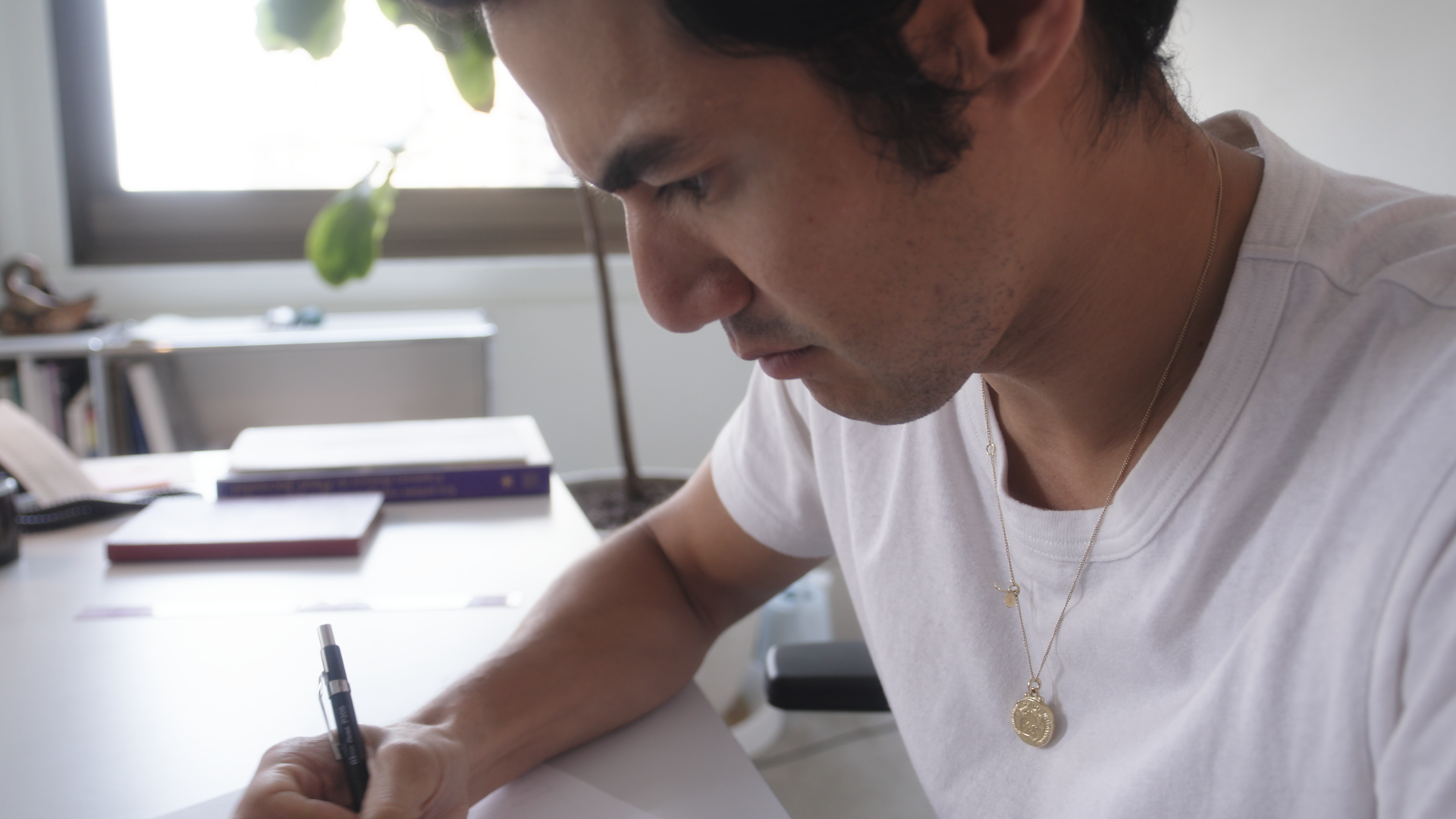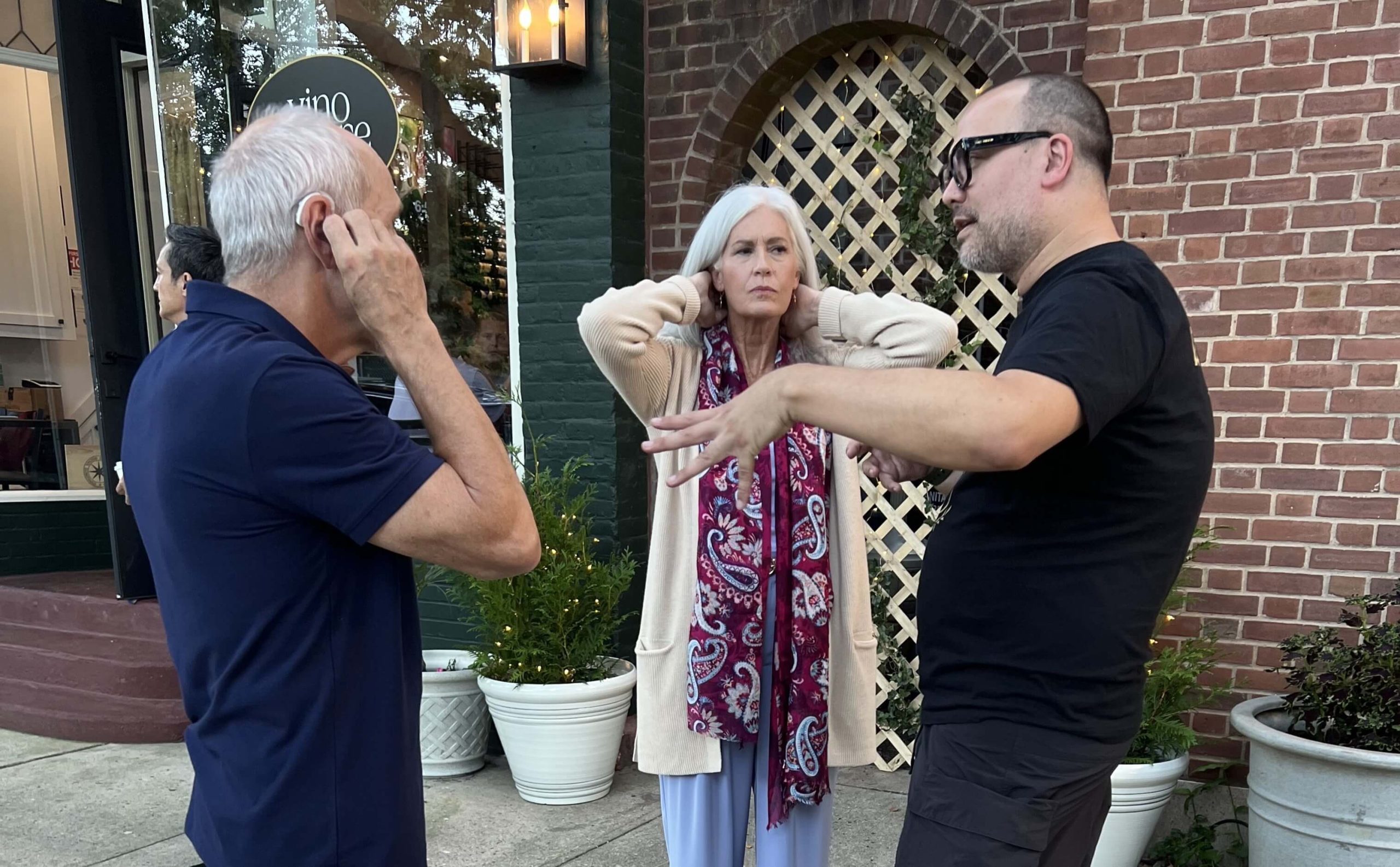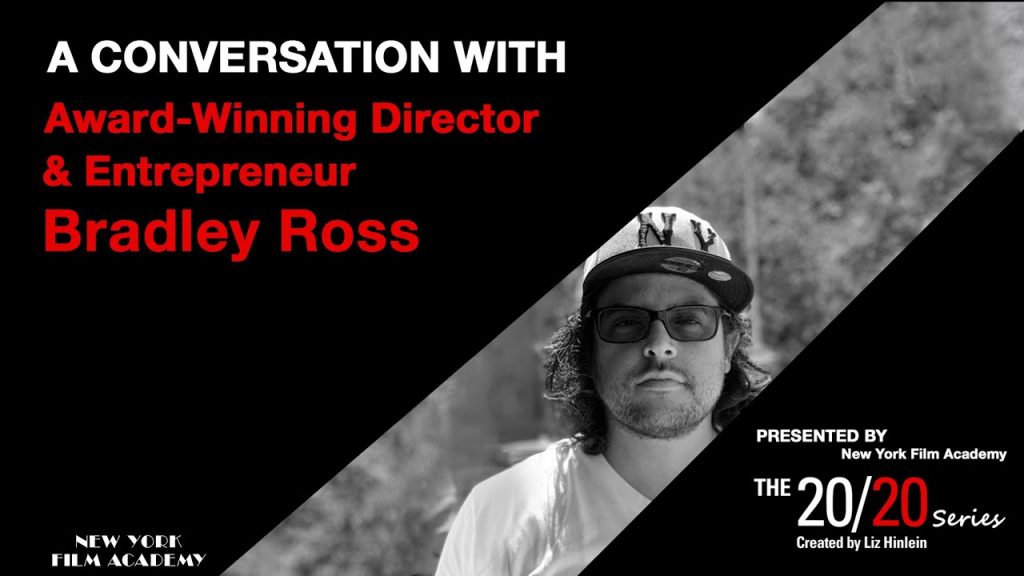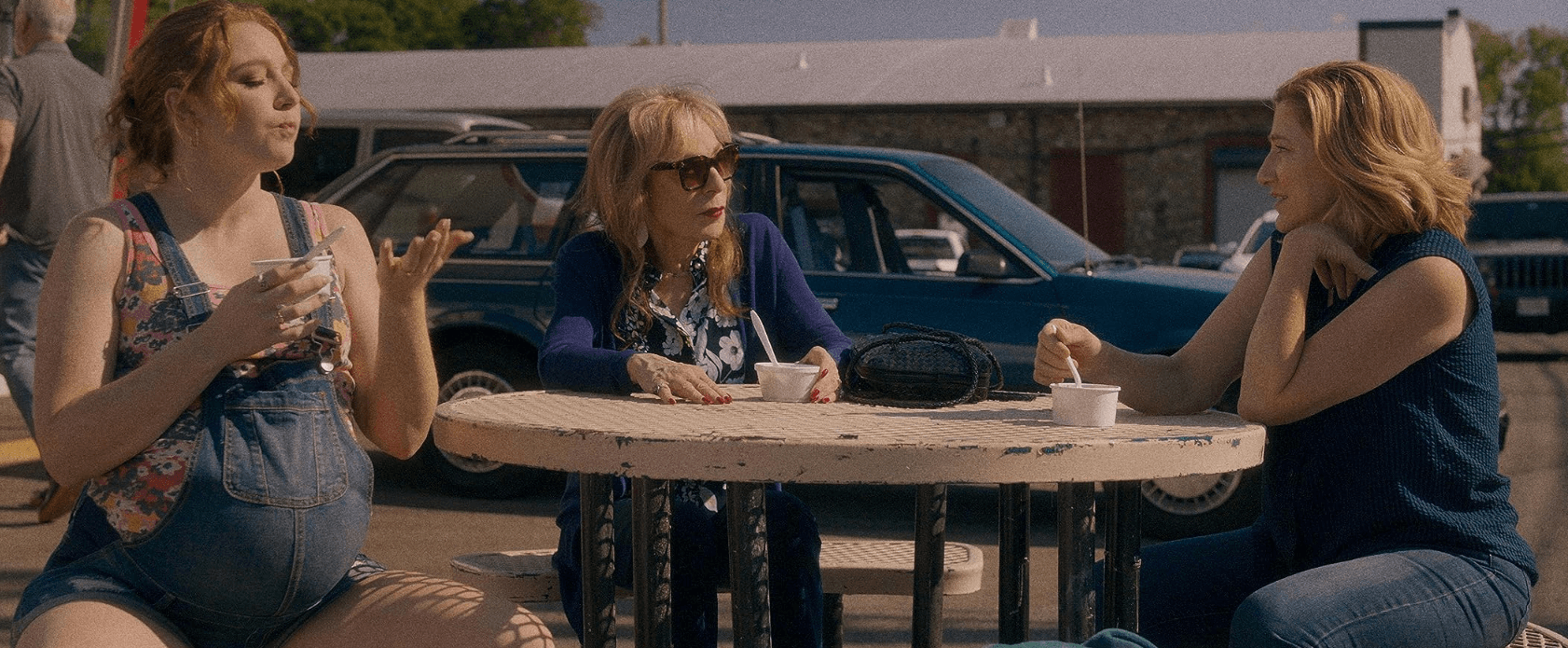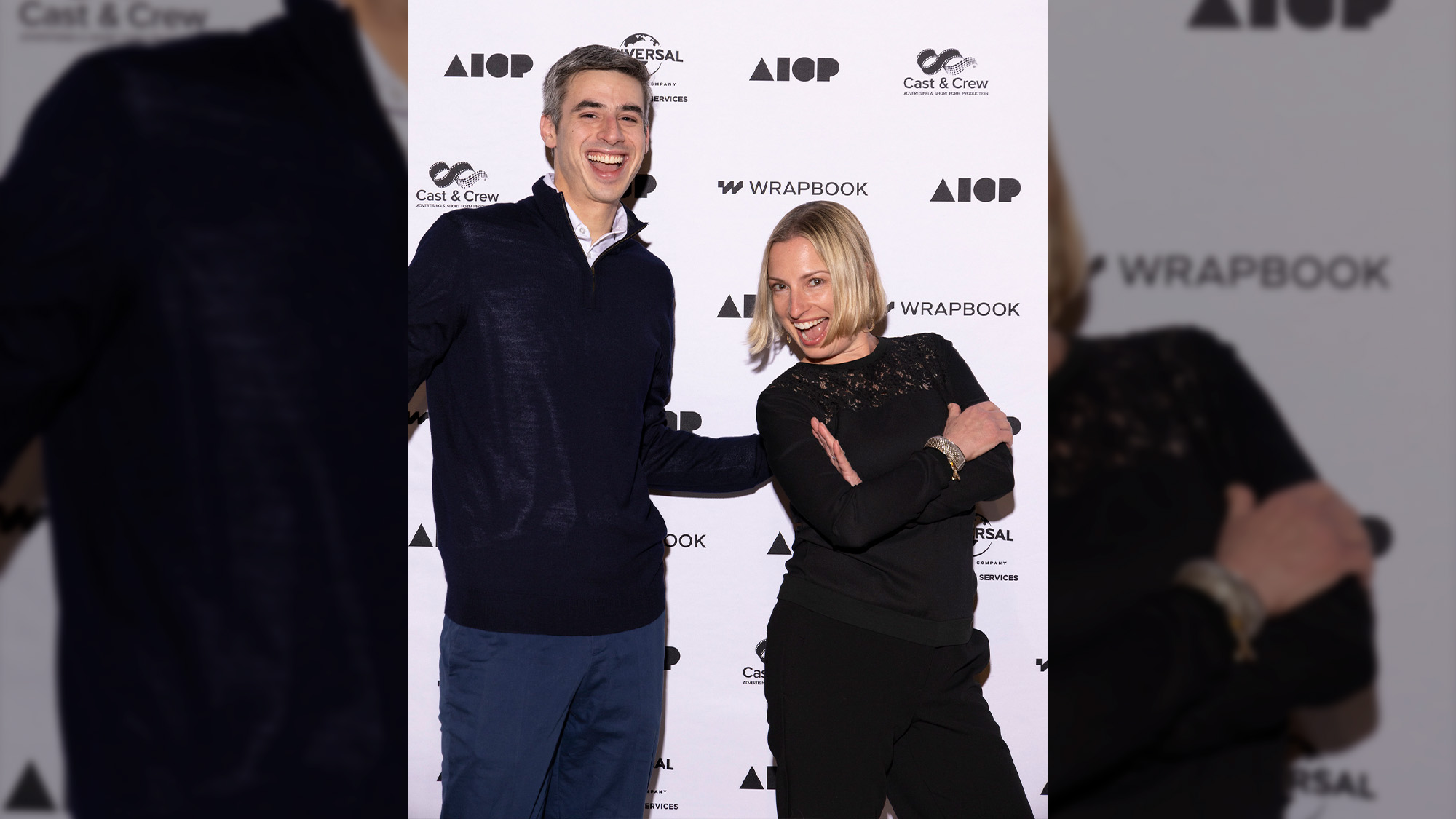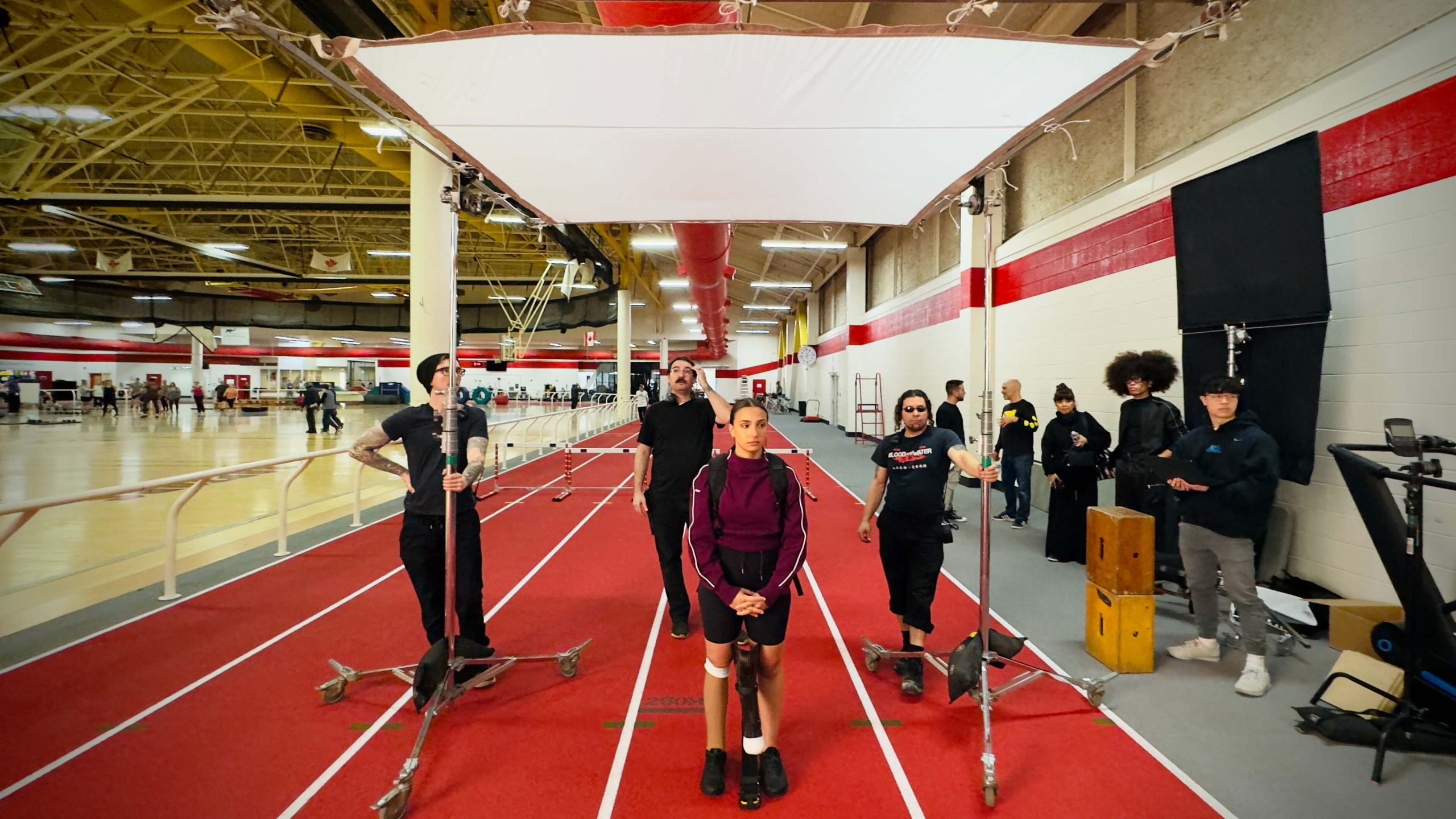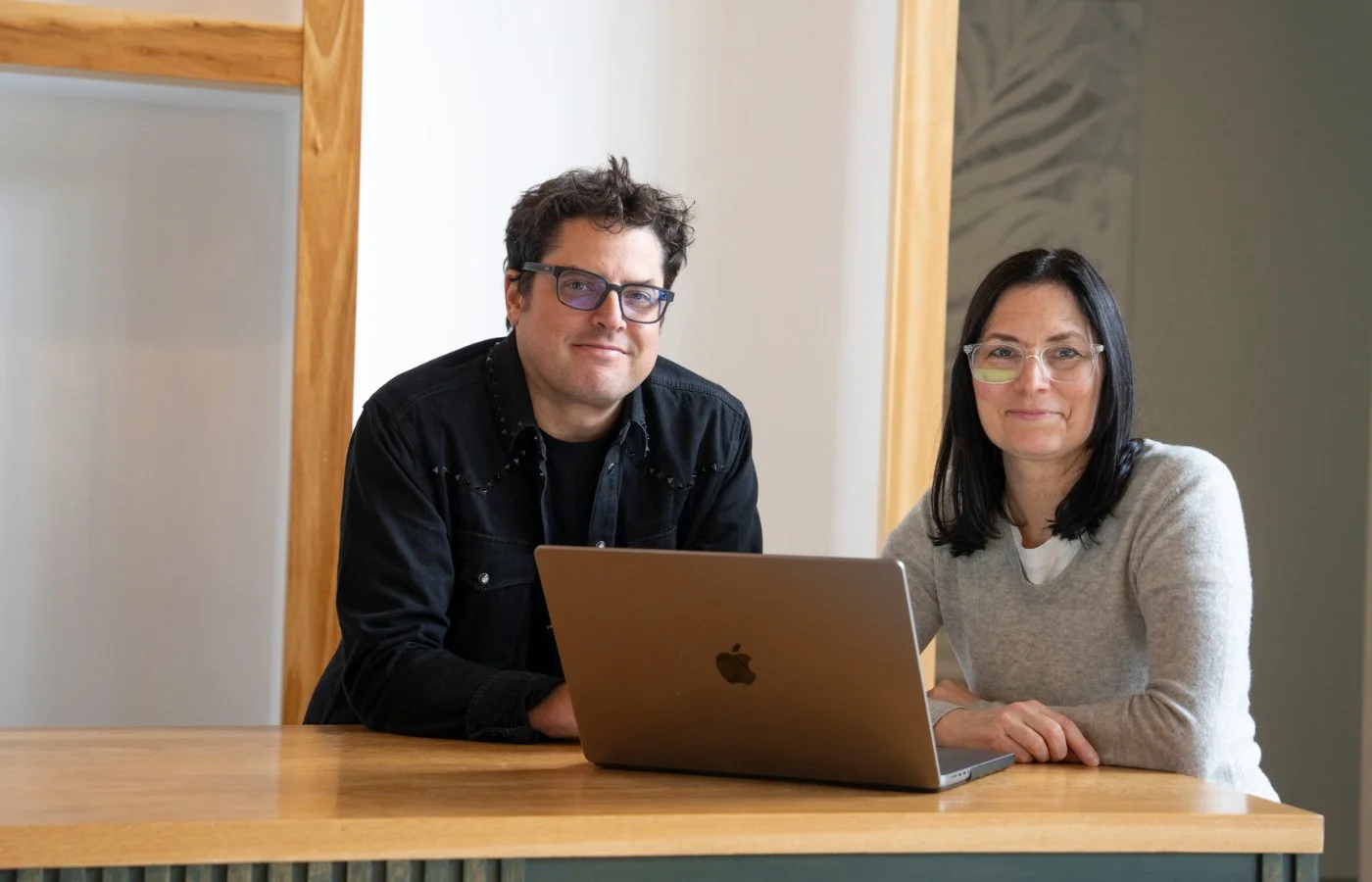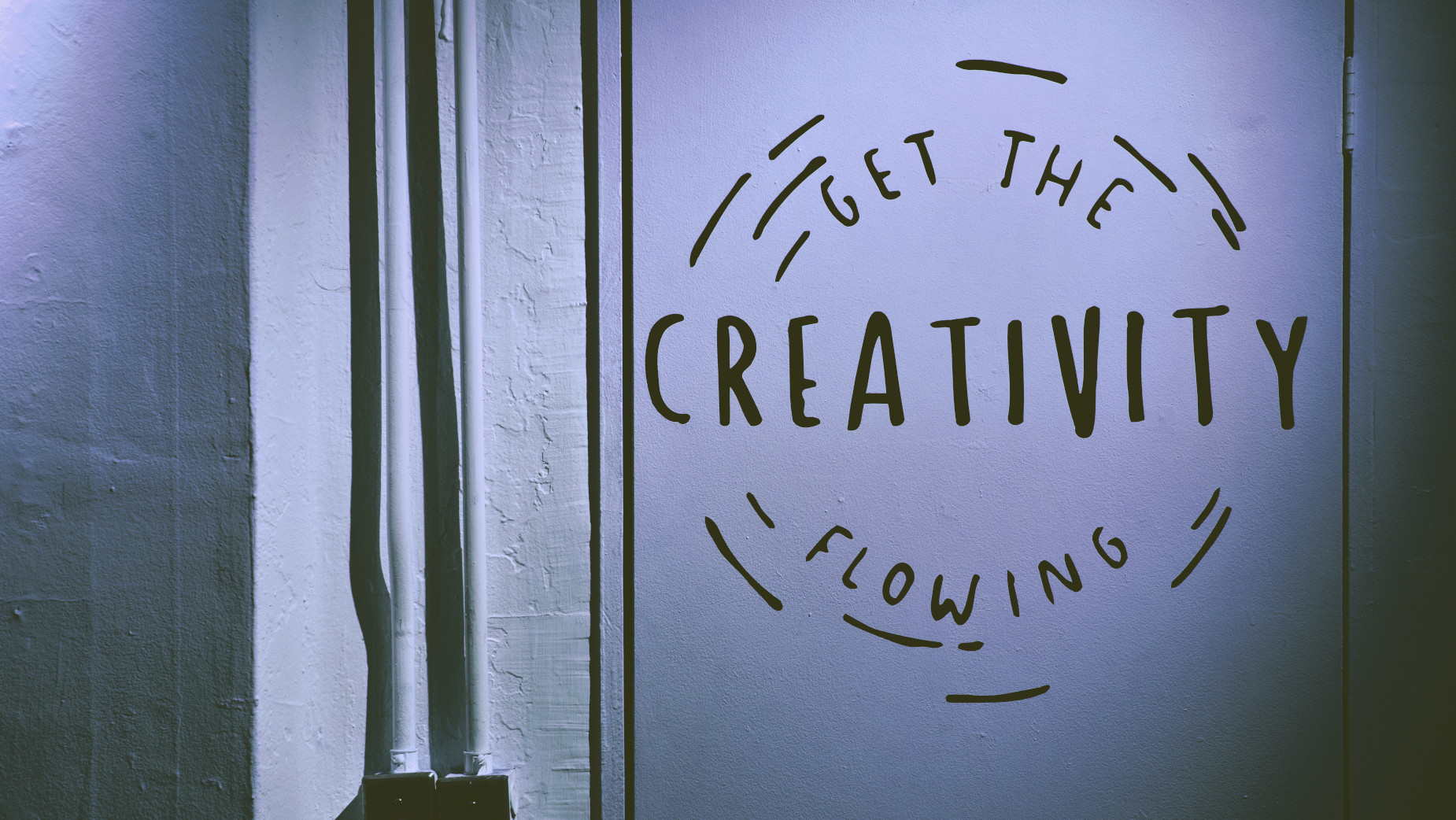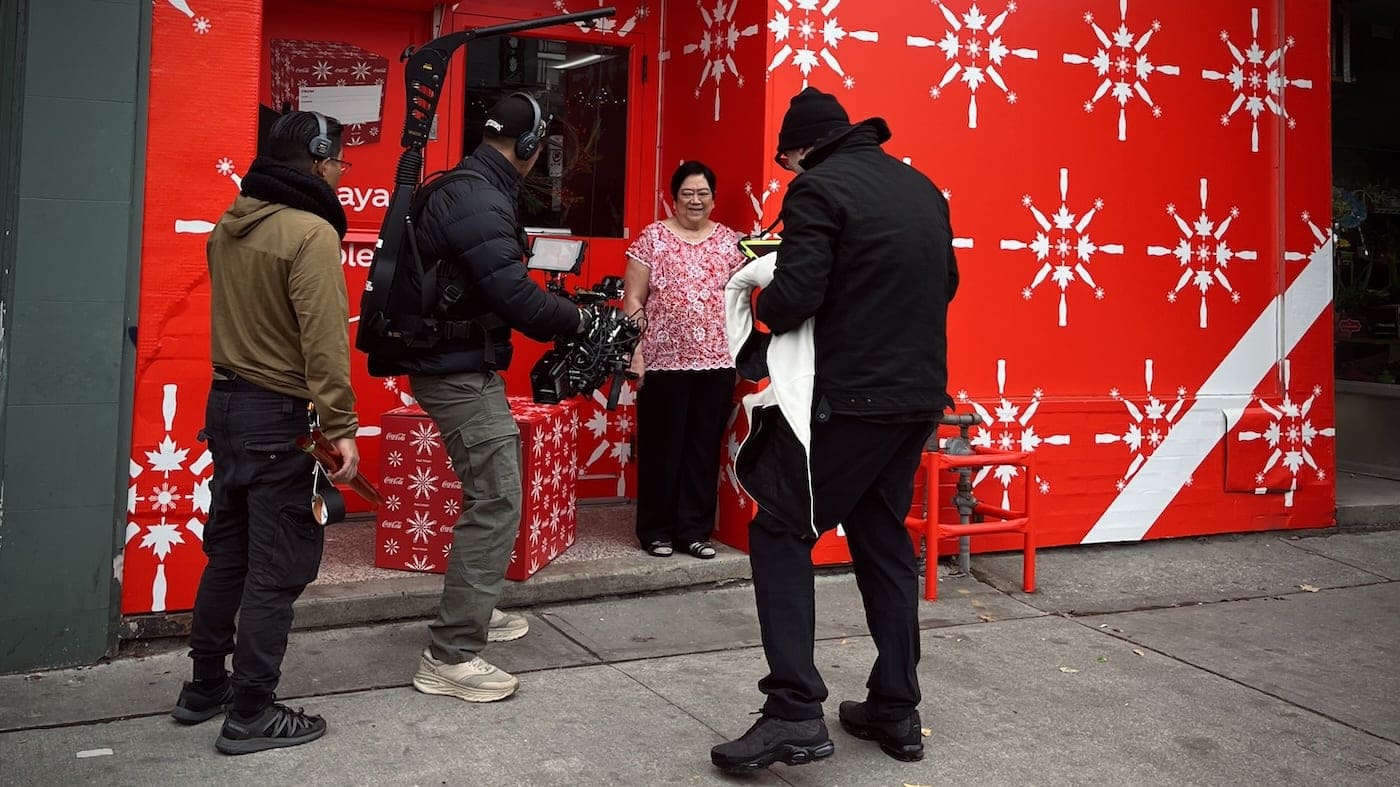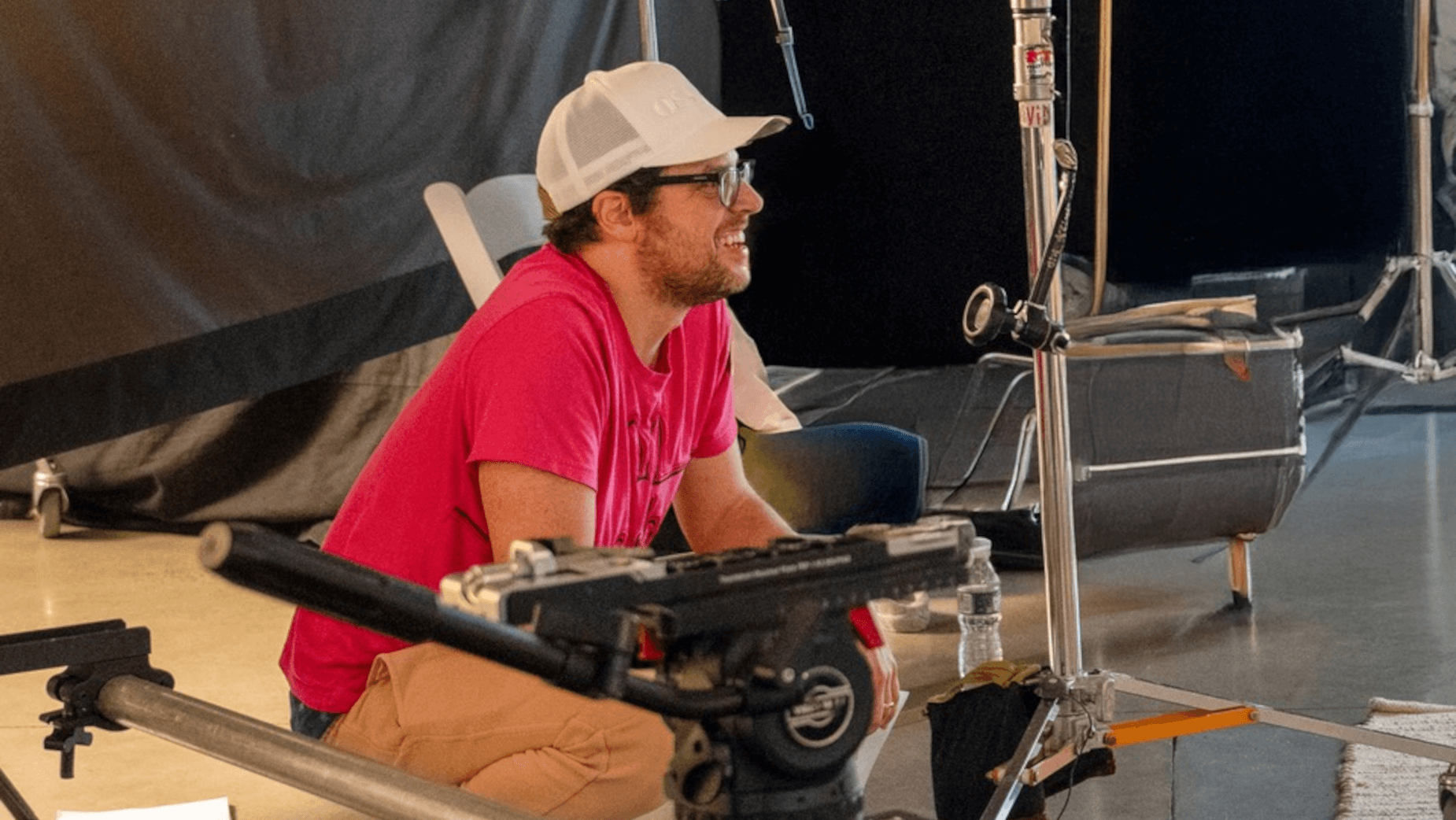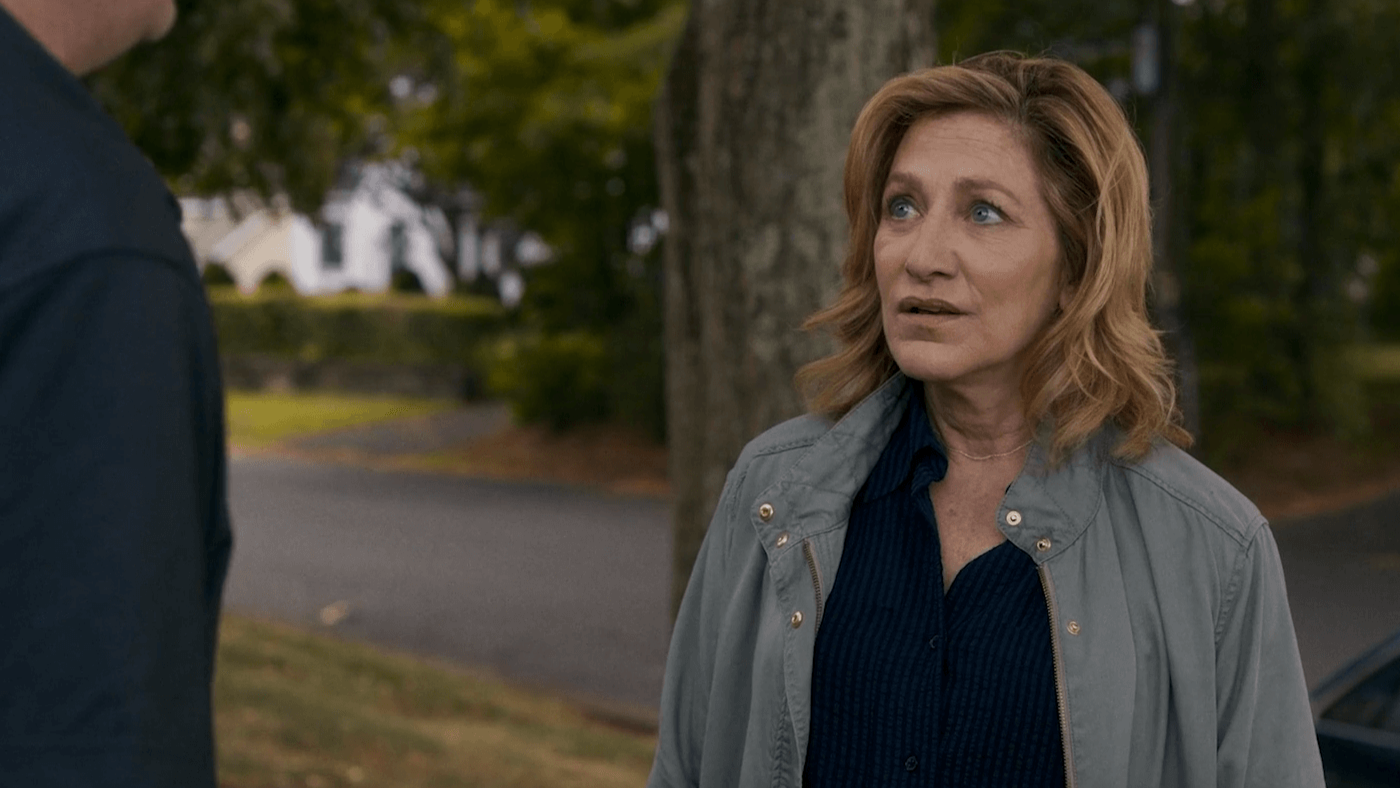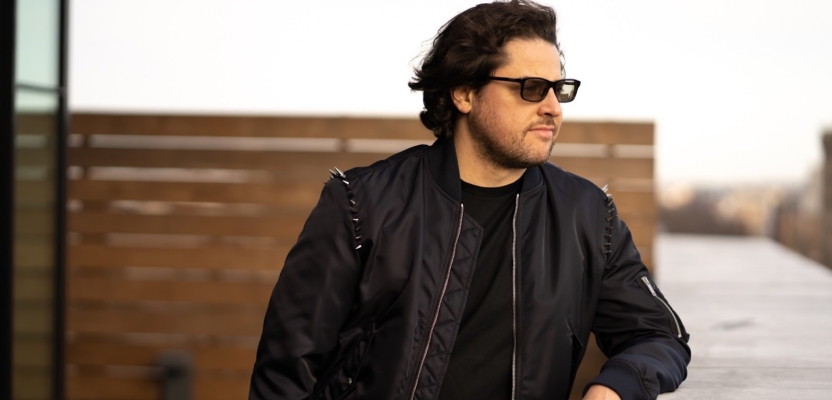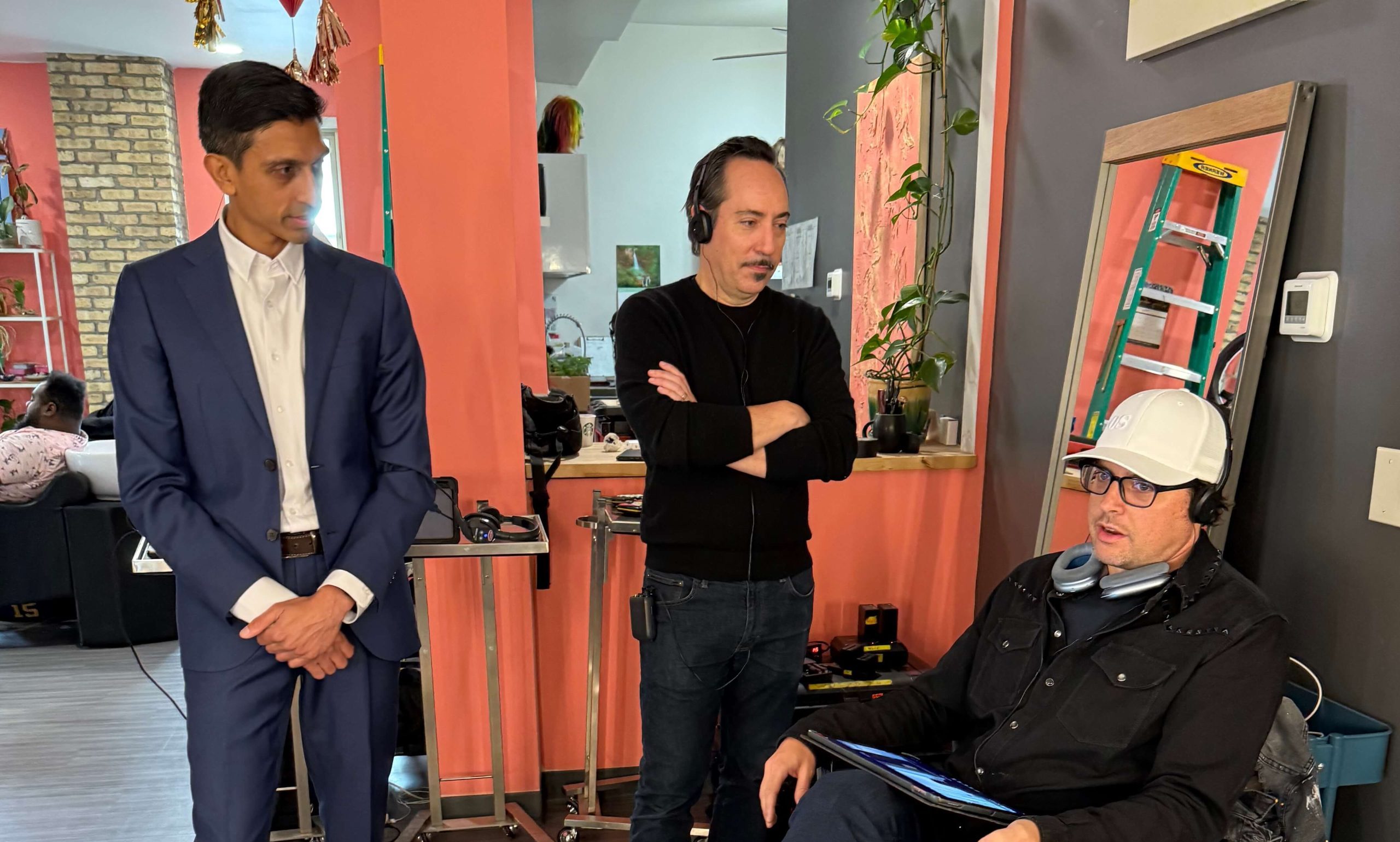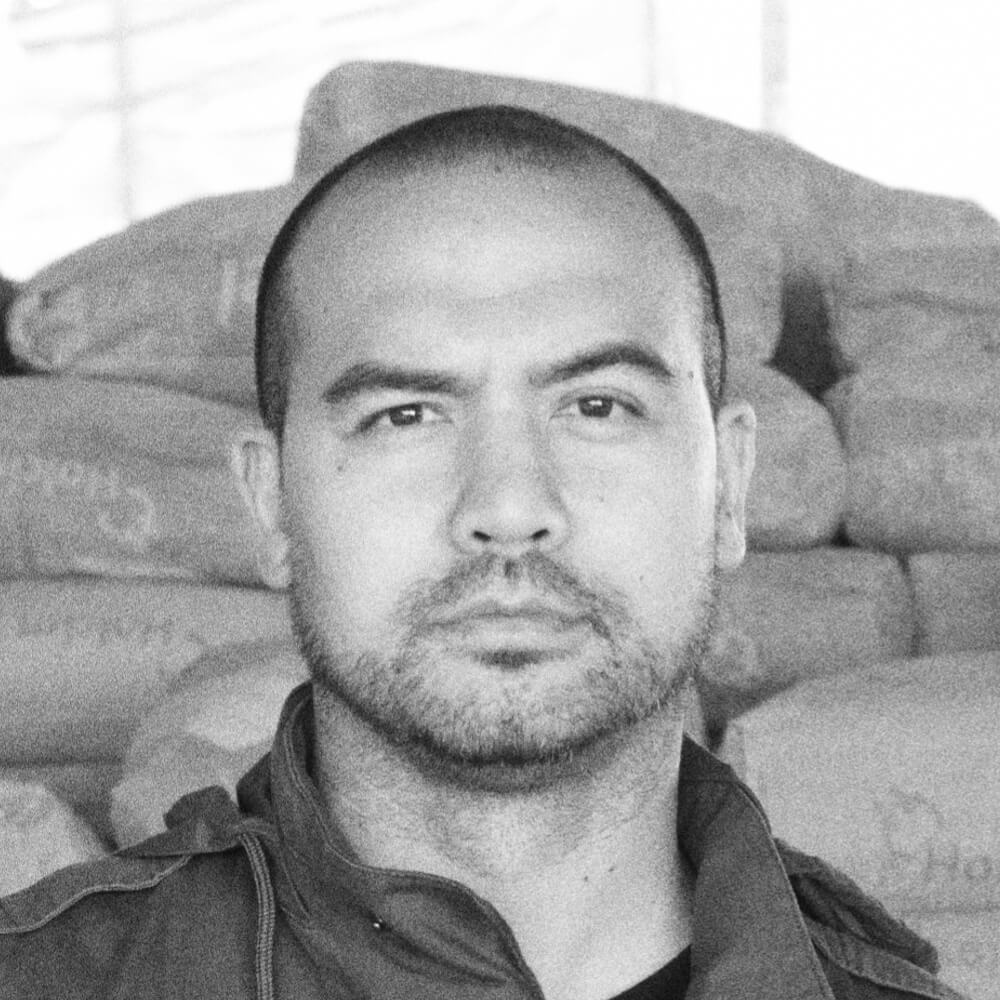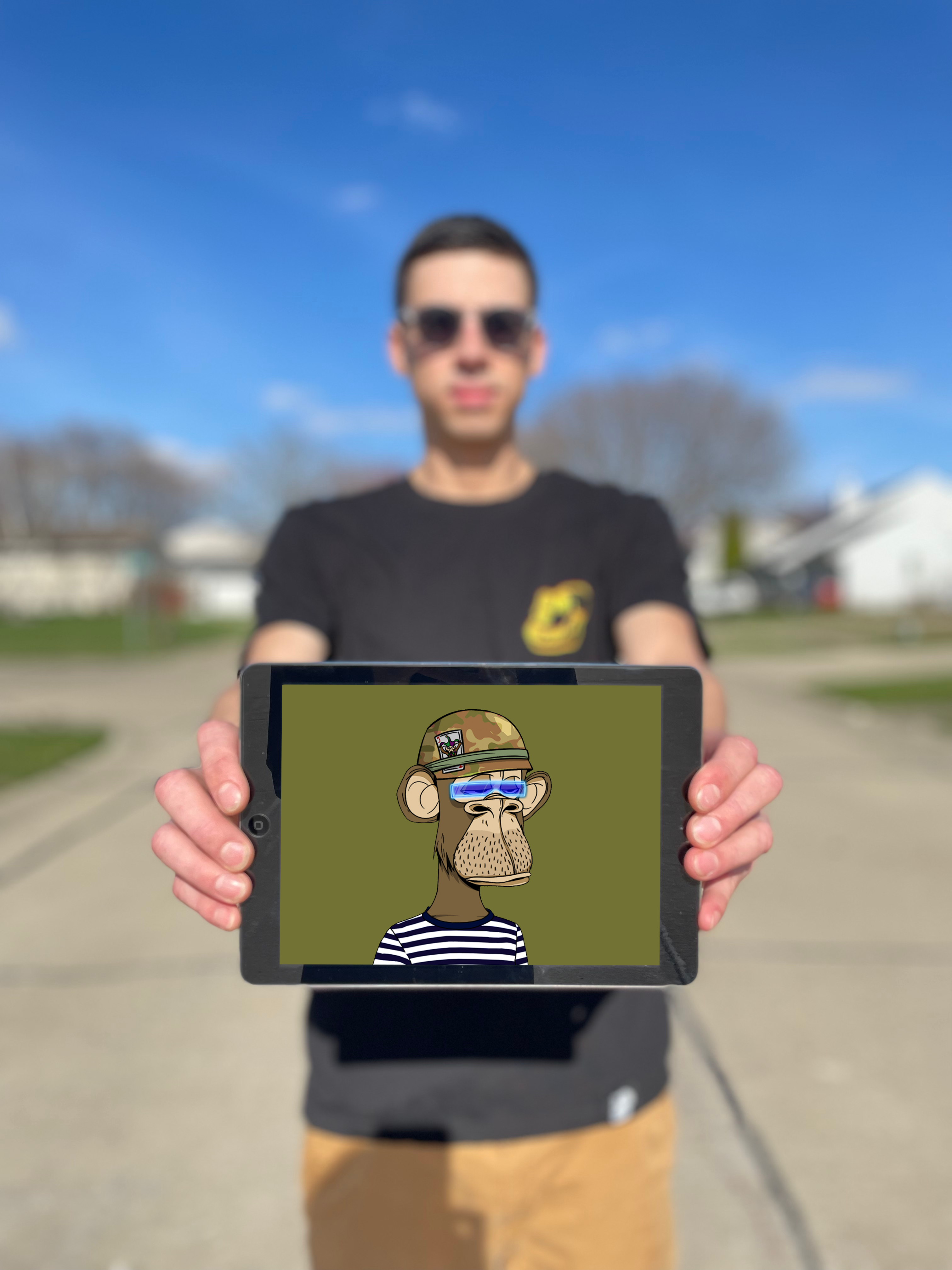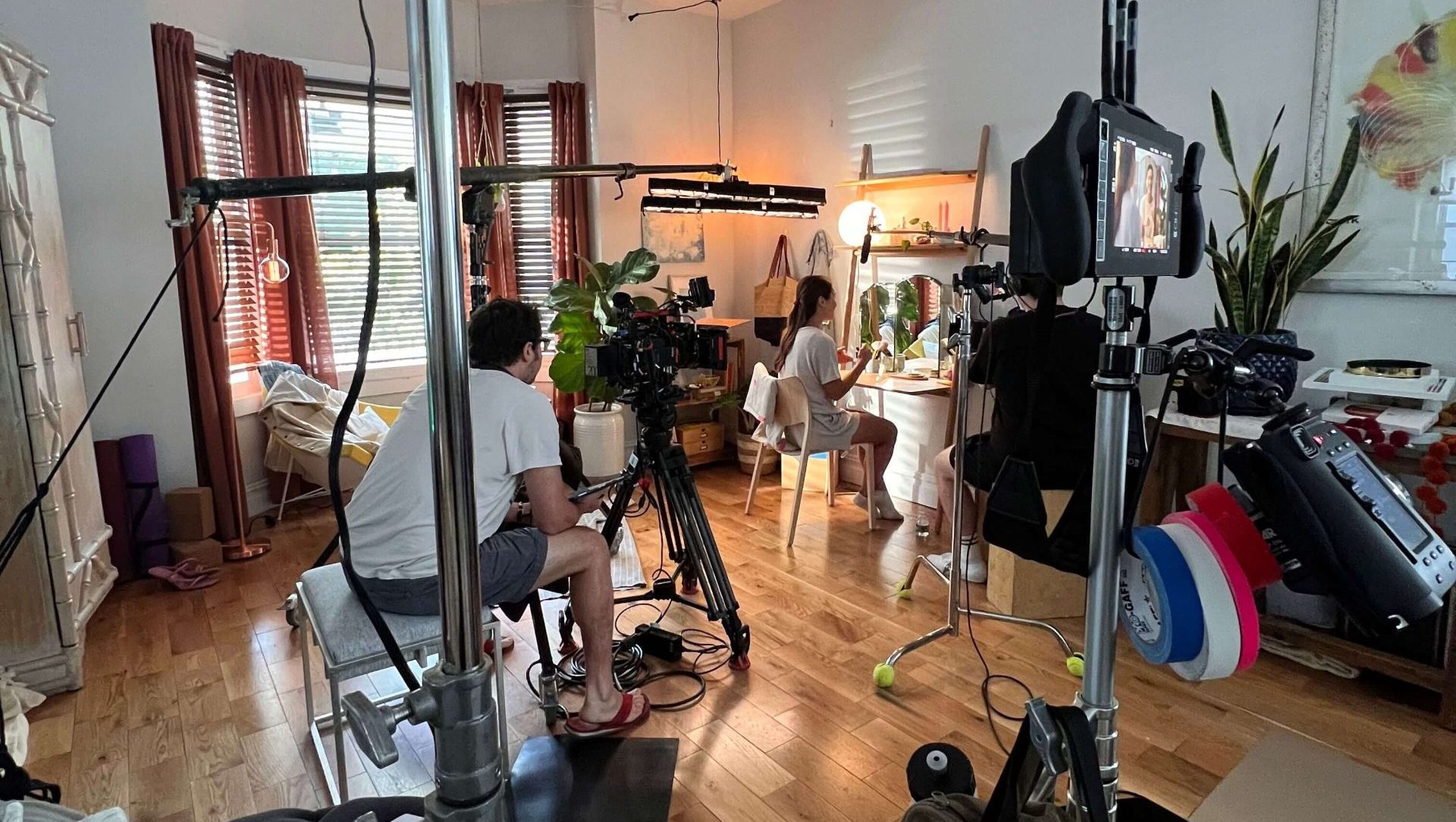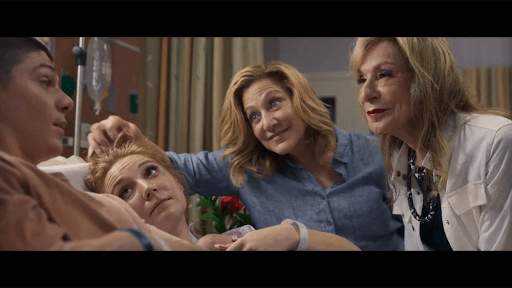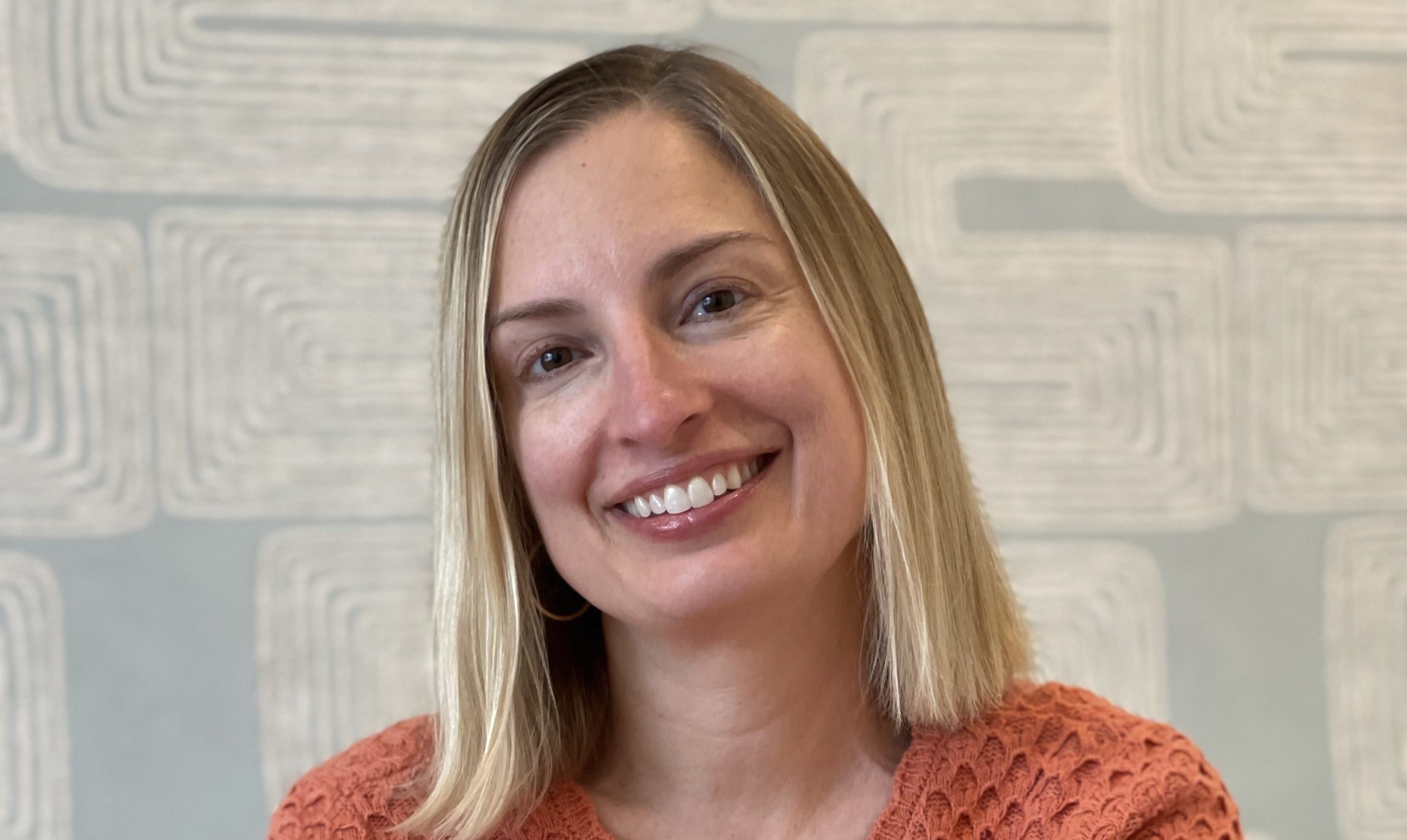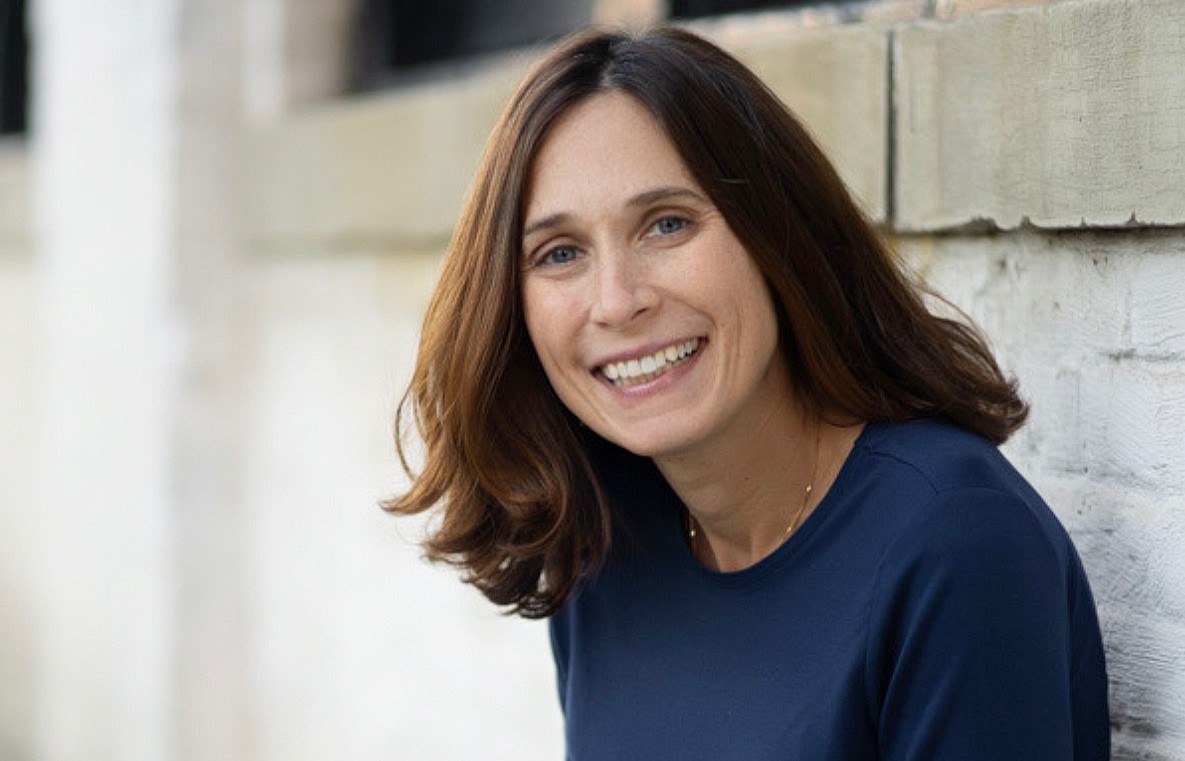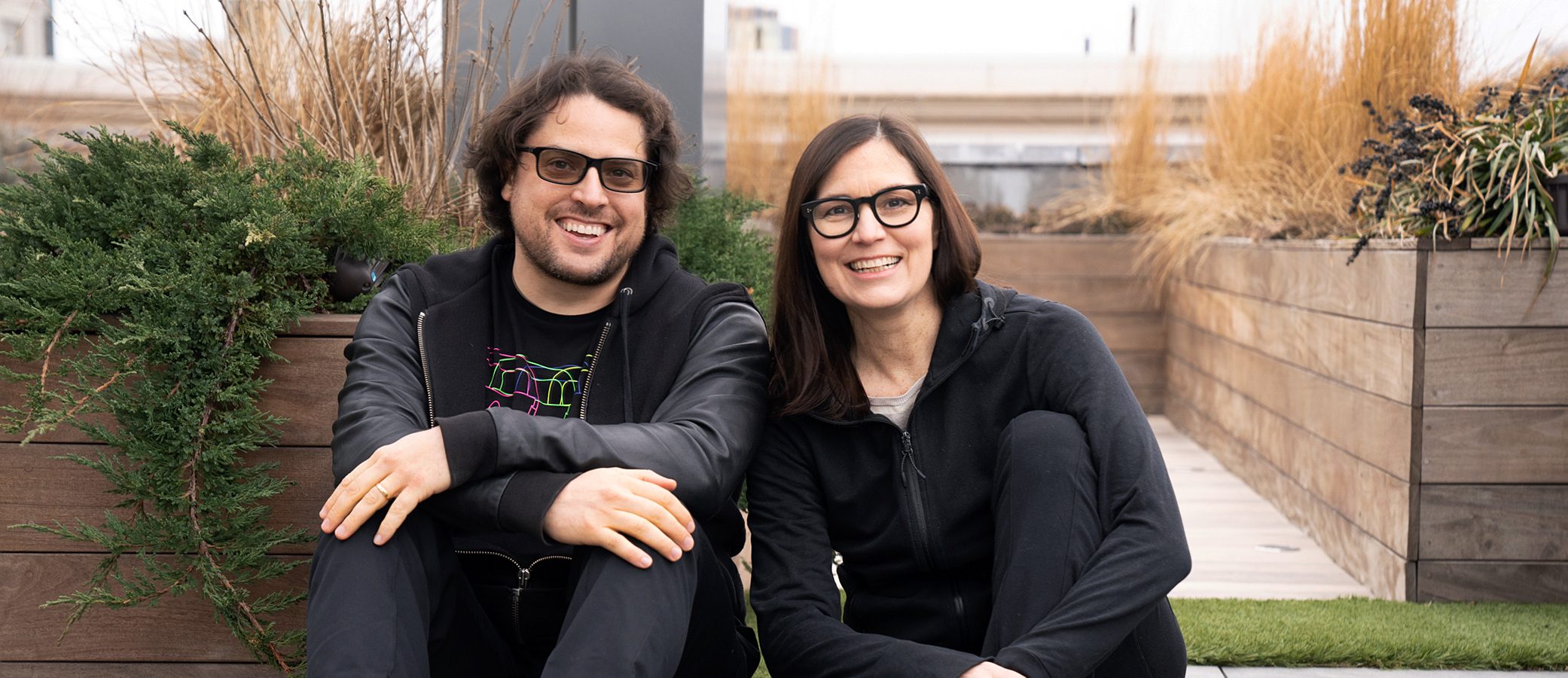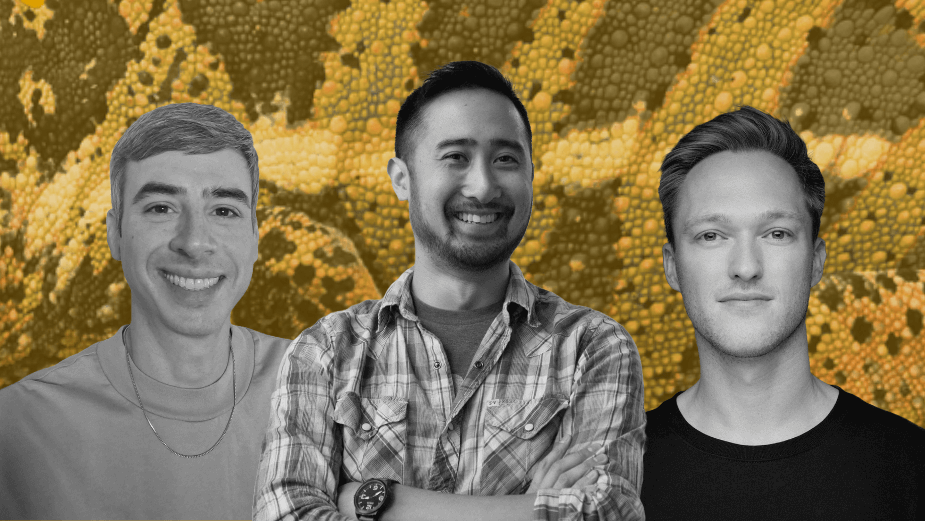
Link to Press LBB Online
Brooklyn, New York – Jack Howard at OkayStudio, Ryan Sun at Alkemy X, and Nate Bloom at Open Swim have worked in car garages, founded film societies, and tried their hand at multiple production and post roles – it’s precisely what makes them effective today.
“There’s a meme doing the rounds about how millennials are living through their fifth crisis or fourth ‘once-in-a-lifetime’ recession – and like most good memes, there’s truth in it (although I’m sure every generation feels like they’re the most resilient in history).”
Graduating in the aftermath of the 2008 crash, Jack Howard decided to up sticks and move to Berlin. That’s where he got his first taste of creative strategy, production, and working with a commercial mindset, as he ended up founding the Berlin Film Society. The non-profit brought world cinema to the German city, from festival favourites to forgotten masterpieces. Each screening was paired with a unique venue, ranging between abandoned warehouses to Gothic churches, with curated brand partnerships built around them.
So where is Jack now? He’s back in his home country, working as an executive producer and commercial director at the London post house, OkayStudio.
He’s one of the ‘career chameleons’ LBB has spoken to as part of its series by the same name. In this edition, three producers share their stories of the career ladder less climbed to provide insight into how skillsets are evolving, and how fluid job paths might help advertising become more flexible and resilient.
When he first returned to England’s capital, Jack started as a creative strategist in a PR and communications agency, before becoming a film producer at BBH. “My career has continued to zig-zag across different verticals of content production,” says Jack, “working at legacy giants like Condé Nast and The Mill, as well as nimble independents like ACNE and now the post-production powerhouse, OkayStudio.”
That journey has of course taught Jack broader lessons about the value of being entrepreneurial, adaptable, multi-faceted; but it’s also made him uniquely more suited to today’s industry.
Jack explains, “As AI, in-housing, and leaner production models shift the landscape, the most valuable talent today isn’t confined to one lane: they can concept, make, and think commercially, often all at once, as mastered by the ‘creator generation’. I’ve worked with brilliant hybrid minds who might sit in production but shape creative direction, or come from editorial and bring a maker’s instinct to branded storytelling. It’s this fluidity that makes the work stronger, more efficient, and more relevant.”
It’s also making OkayStudio a better, more useful partner in the creative process: “We’re deepening our post expertise while collaborating earlier, closer and smarter with creatives, agencies, and directors. It’s not about being everything to everyone, but about knowing how to speak more than one language fluently.”
Ryan Sun at Alkemy X has found that hybrid experience has specifically made him a more effective post producer: he’s dipped into so many different roles within the production to post production workflow that he knows exactly how to support the different members of his team.
In college, Ryan focused on editing and post production, but wound up in broadcast news following his graduation. Long-form projects from big studio features to indies came next, introducing Ryan to production roles like grip and PA. His current home, Alkemy X, was next in line, where he landed as assistant editor and moved up to editor. Covid-19 is what eventually gave him the time to reset and regroup, taking the opportunity to shift to producing and post-production supervising.
Today, Ryan is able to share all of the expertise he’s gained to drive efficiency among the people he manages, like helping editors creatively problem solve. “Oftentimes there are techniques I’ve found, like reversing a clip back and forth to extend a movement,” Ryan reveals, “or you can extend the last beat of a song with a stylised reverb to help make an audio edit land a certain way.”
“Other times, I’ve found myself working through colour sessions with a colourist talking about the lighting techniques from the DP and gaffer on set, what that means for the tone of a scene and how those setups were probably constructed,” Ryan continues. “With this previous knowledge, I’m really able to talk through many of these scenarios more fluidly and effectively.”
Nate Bloom’s past endeavors haven’t had quite as direct an application to his present role. As the staff producer at production company, Open Swim, admits, “Spending 15 years working on cars may have not been the typical path to the film world, but here we are.”
Fixing cars in a garage led to fixing cars on set, and meeting Open Swim’s owner, Bradley Ross. An unexpected shared “passion in cryptocurrency” sparked a chance to join the company as chief blockchain officer, where Nate found himself being the resident expert on finance and tech. Naturally, he began dabbling in various other tasks, which ultimately made a producer out of him.
“The switch from auto mechanic to producer was quite jarring, but it turns out wrenching and producing both are about diagnosing problems and finding creative solutions,” Nate jokes. If you look hard enough, just about any past experience can offer transferable skills to help you in the present.
According to Nate, the generalist philosophy and the pursuit of passions are encouraged by Open Swim, so he’s far from the only member with a winding path. “I also try to carry my blue-collar mindset into this white-collar world. Whether it’s a stripped bolt or a tight deadline, you have to know how to handle pressure, work as a team, and find a way forward. And the clean fingernails are now a bonus.”




